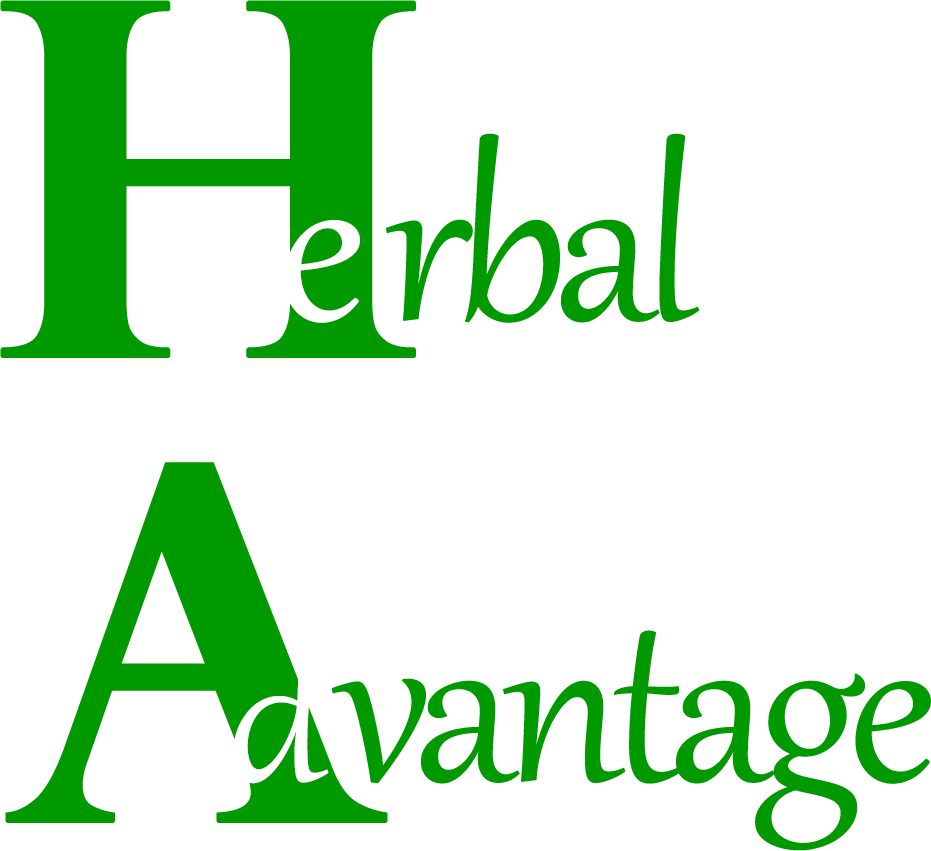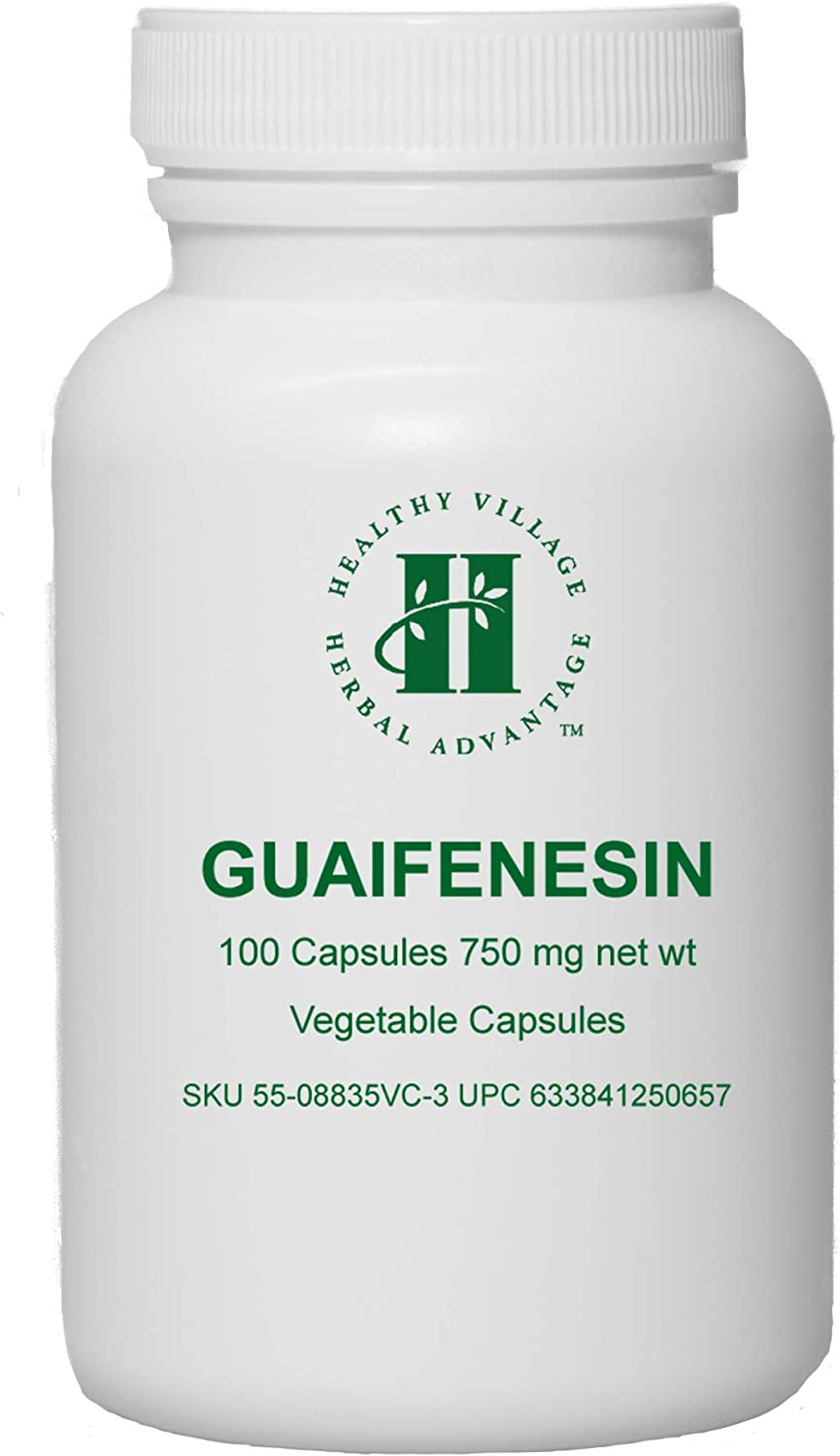Description
| Boswellia – Turmeric |
| Boswellia serrata is similar to frankincense, one of the gifts brought by the Wise Men to celebrate the birth of Jesus. The frankincense used in the West is usually Boswellia carteri, an herb whose properties have not been studied nearly as much as one might think given the Biblical references.At the university hospitals of Bochum and Giessen, patients with gliome tumors were administered 3600 mg. per day of Boswellia serrata. Within only a few days, many symptoms associated with brain tumors, such as headaches and lameness, were greatly lessened. While much of this effect might be more related to the reduction in edema than to the regression of the tumor, swelling and the resultant pressures are serious side effects of malignancy that impact the quality of life. The reports of these trials are preliminary and researchers are unwilling to speculate as to the long-term results and whether or not tumor growth is arrested.
Studies have shown that boswellic acids have an anti-inflammatory action, much like the conventional nonsteroidal anti-inflammatory drugs (NSAIDs) used for inflammatory conditions. Boswellia inhibits pro-inflammatory mediators in the body, such as leukotrienes. As opposed to NSAIDs, long-term use of boswellia does not appear to cause irritation or ulceration of the stomach. One small, controlled, double-blind trial has shown that boswellia extract may be helpful for ulcerative colitis. Treatment with boswellia could be 5 to 10 capsules per day and generally last eight to twelve weeks. Boswellia is generally safe when used as directed. Boswellia – An Ayurvedic herb which supports consistent blood flow to your joints, boosting flexibility and strength. Some of the midicinal properties for which turmeric has been studied include balancing blood sugar, supporting and detoxifying the liver, reducing inflammation, relieving allergies, and cancer. Dr. Bharat Aggarwal, head of a 12-member team of researchers at the University of Texas M.D. Anderson Cancer Center, was quoted as saying that his clinical research has found not only the “The master switch to turn off cancer, but also a cure for it. Turmeric contains two to five percent of curcumin. It was already known that curcumin can prevent cancer, we are providing evidence that curcumin can work on at least one dozen cancers.” “In fact”, he added, “we have not found a single cancer on which curcumin doesn’t work.” Turmeric has long been used as a food preservative, a coloring agent, a spice to flavor food. Turmeric has been used extensively in foods in India and Pakistan where the incidence of cancer, especially breast, colon prostate and lung cancer is a lot less. Turmeric has been shown to relieve arthritis as well, he added. The UT team’s research focused on how Turmeric stops laboratory strains of melanoma from proliferating, and pushes the cancer cells to commit suicide. A UCLA study shown that Turmeric inhibits the accumulation of destructive beta amyloids in the brains of Alzheimer’s patients. Turmeric is more effective in inhibiting formation of the protein fragments than many other drugs being tested to treat Alzheimer’s. We have known all along about the anti-inflammatory benefits of turmeric and now there is documented proof of Turmeric’s other benefits. The dose is between 1.5 gm and 3 gm per day. |



